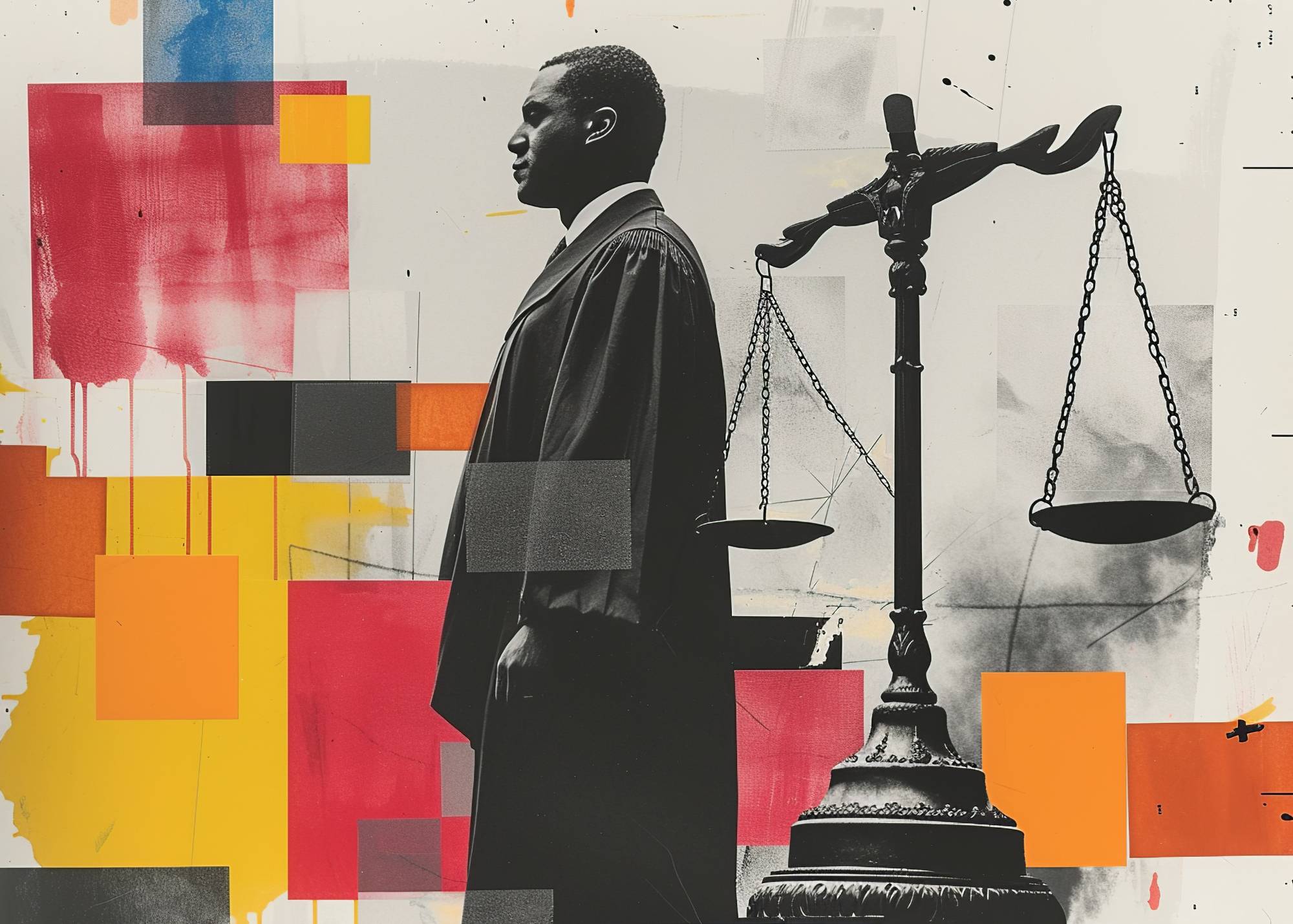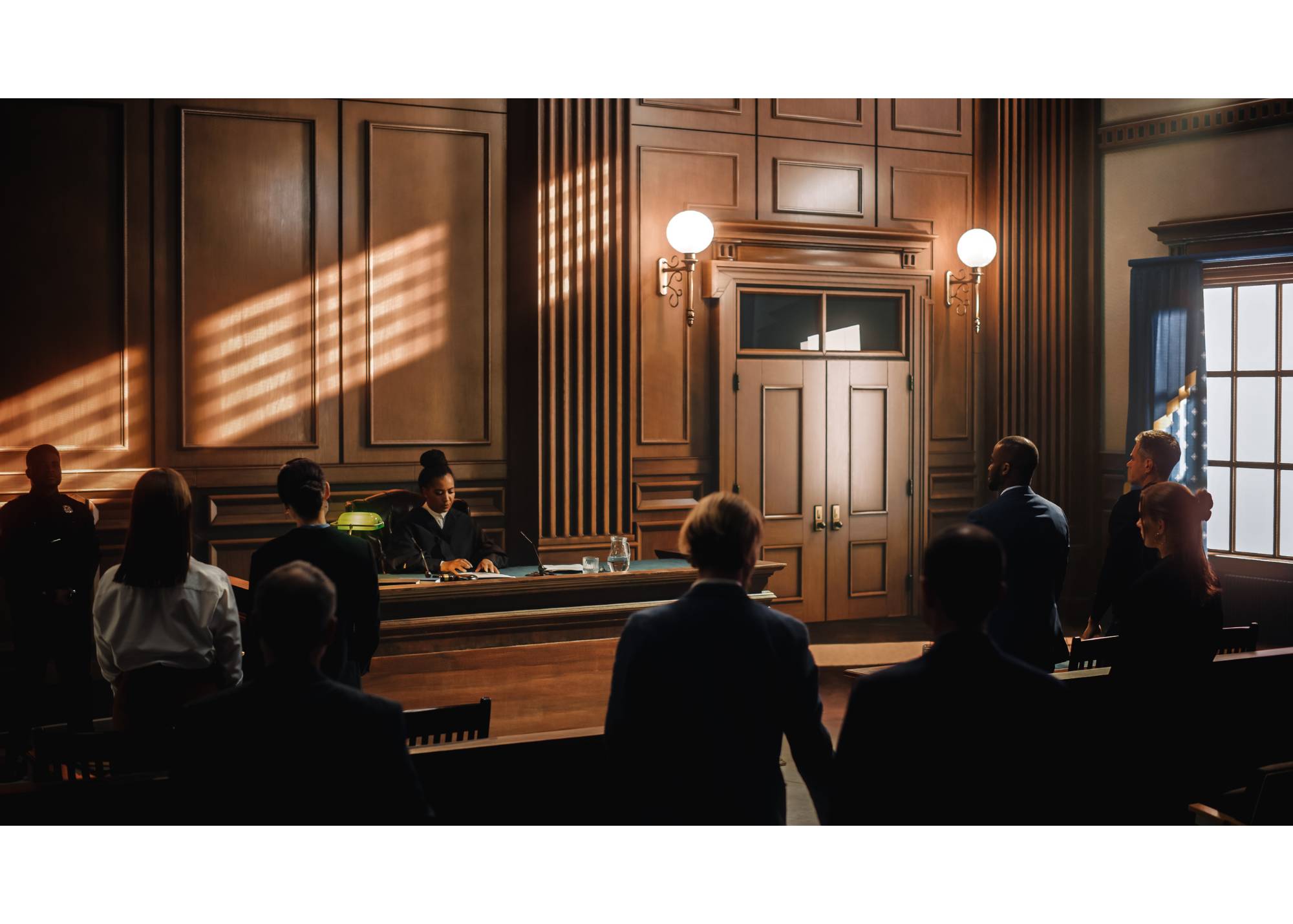Industry Spotlight: Breaking language barriers in the legal industry

The legal industry is a complex and multifaceted field where precision and clarity are paramount. However, language barriers can pose significant obstacles in the legal industry, hindering effective communication and potentially jeopardizing legal proceedings.

The legal profession must address the challenges posed by linguistic diversity. This blog will explore the obstacles within the legal industry and delve into how professional language services can play a pivotal role in overcoming these challenges and driving success.
The Globalized Legal Landscape
Legal professionals often collaborate with clients, witnesses, and colleagues from diverse linguistic backgrounds. This diversity enriches the legal landscape but also introduces a potential obstacle – language barriers.
Misunderstandings arising from language differences can compromise the accuracy of legal documentation, impede effective communication in courtrooms, and hinder the provision of sound legal advice.
Risks Associated with Language Barriers
A failure to address language barriers in the legal industry can lead to serious and costly consequences.
Inaccurate translations or misunderstandings during legal proceedings can result in flawed contracts, misinterpretations of laws, and even injustices. Moreover, inadequate communication may erode client trust and hinder the establishment of strong attorney-client relationships.
Challenges Faced by Legal Professionals
Legal professionals encounter several challenges when dealing with language barriers. These challenges include the need for accurate translations of legal documents, interpreting services during courtroom proceedings, and effective communication with clients who speak different languages.

Additionally, legal professionals must navigate the complexities of legal terminology and ensure that nuances are accurately conveyed.
The Role of Professional Language Services
Professional language services play a crucial role in mitigating the challenges posed by language barriers in the legal industry.

These services offer a range of benefits, including:
- Accuracy and Precision: Language professionals are trained to understand legal terminology and nuances, ensuring accurate translations and interpretations.
- Confidentiality: Professional language service providers adhere to strict confidentiality standards, safeguarding sensitive legal information.
- Enhanced Communication: Clear and effective communication is facilitated, both in written documents and verbal interactions, fostering understanding among diverse parties involved in legal processes.
- Cultural Sensitivity: Language professionals are attuned to cultural nuances, preventing misunderstandings that may arise from differences in customs and traditions.
Language barriers within the legal industry are challenges that can be effectively addressed with the support of professional language services.
By recognizing the importance of accurate communication in legal proceedings and leveraging the expertise of language professionals, legal professionals can navigate the complexities of a globalized legal landscape with confidence.
Embracing professional language services companies, like Teneo Linguistics Company (TLC), is not just a solution to linguistic challenges; it is an investment in the pursuit of justice, accuracy, and successful legal outcomes.
Get a free quote for TLC’s expert language services by visiting www.tlctranslation.com.







